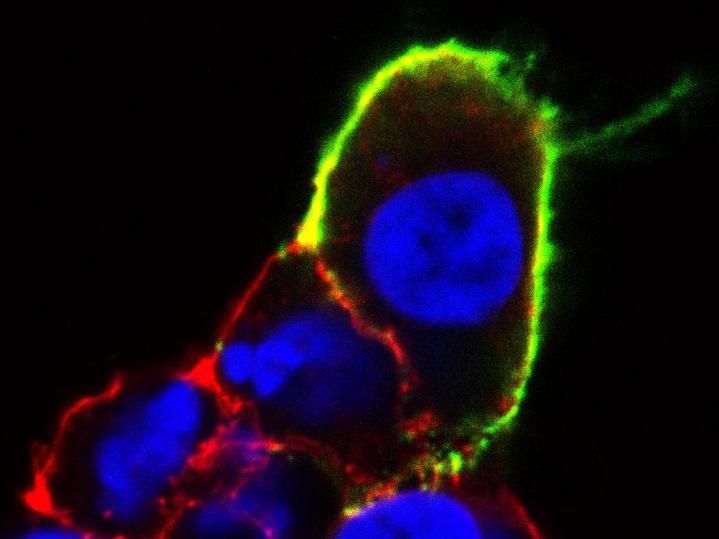Diabetes advance: Researchers find gene that causes resistance to insulin
Discovery is first gene known to affect how insulin works, not how it is produced
A breakthrough by an international team of researchers in Canada, France, the UK and Denmark has uncovered a new gene that could lead to better treatment of type 2 diabetes, as well as a better understanding of how this disease develops.
Unlike most of the genes that have been shown to cause diabetes, the new gene, called Insulin Receptor Substrate 1 (IRS1), doesn't affect how insulin is created in the pancreas, but rather, how the body responds to insulin already in the bloodstream, say the researchers, whose work will be published in Nature Genetics.
"Most of the genes that we've identified as diabetes risk genes to date reduce the function of the pancreas, specifically of beta cells in the pancreas that make insulin," explained Dr. Robert Sladek of McGill University and the Génome Québec Innovation Centre in Montreal, a corresponding author of the paper. "IRS1 has to do with the function of the other tissues in the body. Rather than reduce production of insulin, this gene reduces the effect of insulin in muscles, liver and fat, a process called insulin resistance."
"IRS1 is the first inside the cell that gets activated by insulin," Sladek continued. "It basically tells the rest of the cell, 'hey, insulin is here, start taking in glucose from the blood!' If IRS1 doesn't work, the whole process is disrupted."
The research was conducted by an international team including Sladek, Dr. Constantin Polychronakos of McGill's Faculty of Medicine; Dr. Philippe Froguel of the CNRS and Lille 2 University in France and Imperial College London; Dr. Oluf Pedersen of the University of Copenhagen and Aarhus University in Denmark and their colleagues at many institutions across Europe and North America.
This study, which used genetic material drawn from more than 6,000 French participants divided into two separate groups, represents the final step in a series of collaborations between these researchers that has redrawn our understanding of diabetes genetics. In this instance, not only did the researchers pinpoint a new diabetes-linked gene, they found the genetic trigger, which leads to malfunction, in a totally unexpected place.
Most read news
Organizations
Other news from the department science

Get the life science industry in your inbox
By submitting this form you agree that LUMITOS AG will send you the newsletter(s) selected above by email. Your data will not be passed on to third parties. Your data will be stored and processed in accordance with our data protection regulations. LUMITOS may contact you by email for the purpose of advertising or market and opinion surveys. You can revoke your consent at any time without giving reasons to LUMITOS AG, Ernst-Augustin-Str. 2, 12489 Berlin, Germany or by e-mail at revoke@lumitos.com with effect for the future. In addition, each email contains a link to unsubscribe from the corresponding newsletter.
Most read news
More news from our other portals
Last viewed contents
Comparing fungal secretions to uncover carbon compound degradation pathways
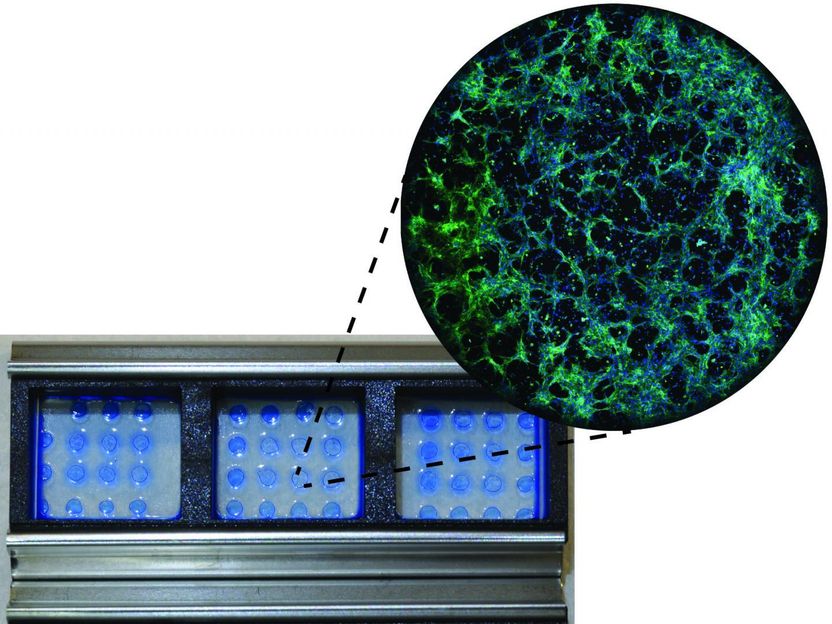
Advance furthers stem cells for use in drug discovery, cell therapy
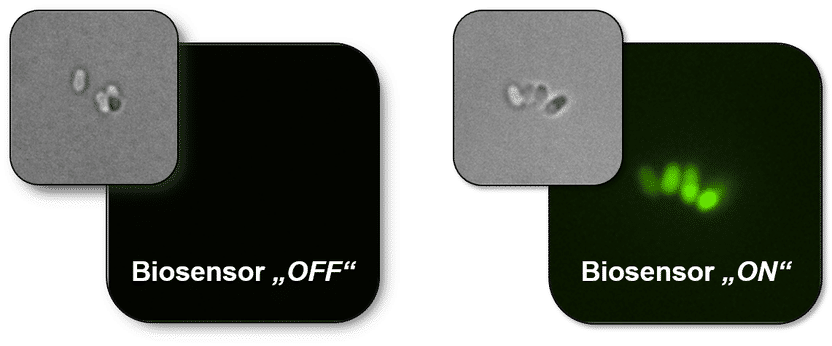
Talent Scout in the Cell Factory - New biosensor facilitates the search for efficient microorganisms
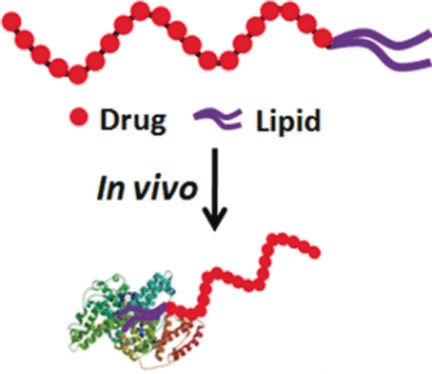
Hitchhiking to Kill - Transport of lipid-conjugated floxuridine by natural serum albumin for delivery to cancer cells
Maurício_Rocha_e_Silva
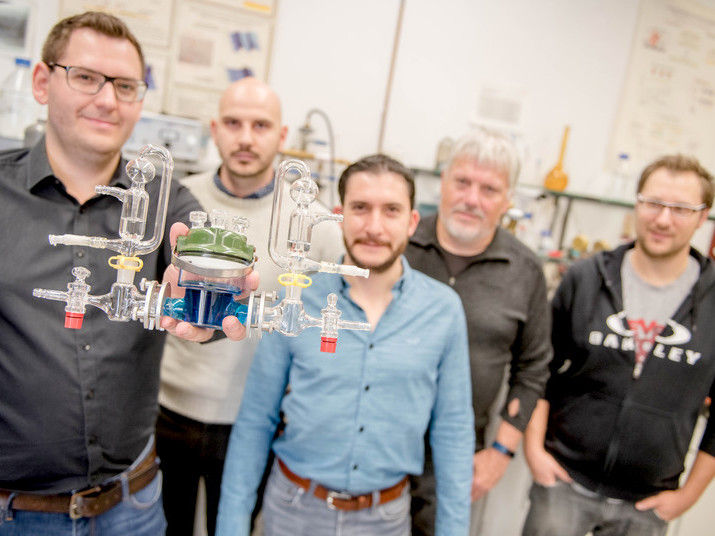
Next step on the path towards an efficient biofuel cell - Two concepts combined making system as efficient as precious metal catalysts

Tissue Dynamics Ltd. - Rehovot, Israel
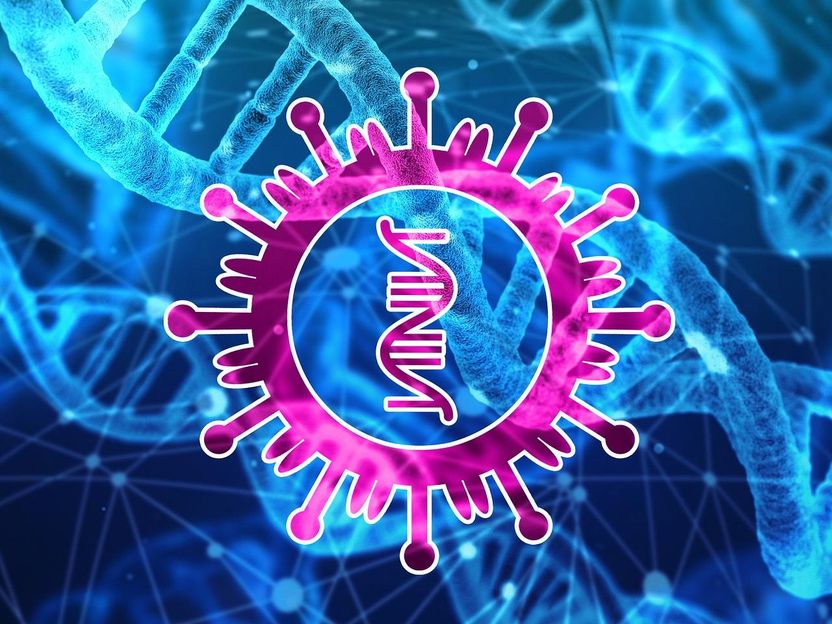
Targeted enzymes destroy virus RNA - RNA interference as a new approach for the treatment of COVID-19
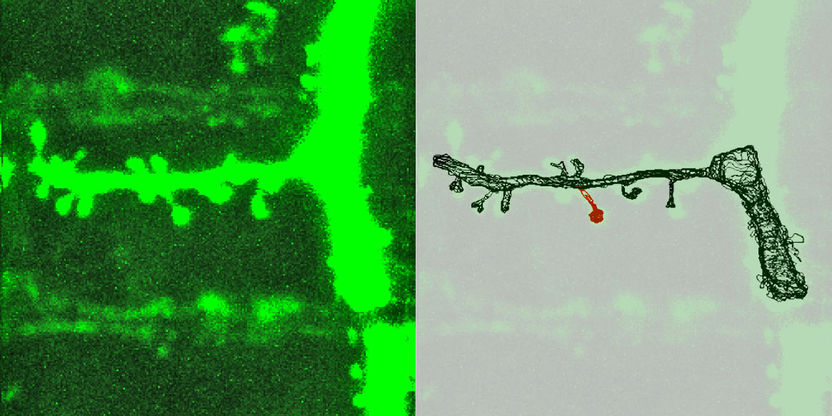
Synapses – stability in transformation - Synapses remain stable if their components grow in coordination with each other
